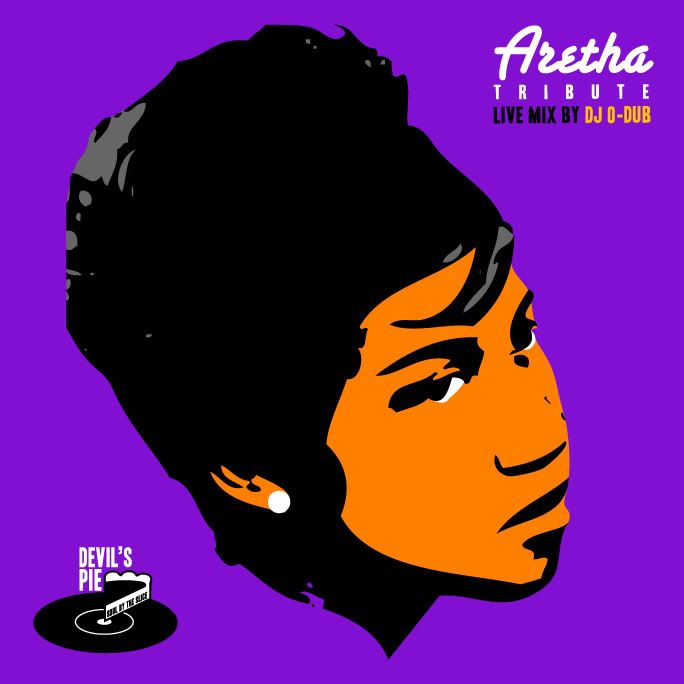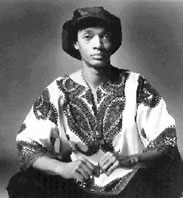JEAN GRAE & Q-TIP: WE AIN'T MAD AT YA
posted by O.W.

Herbaliser feat. Jean Grae: New + Improved
From Blow Your Headphones (Ninja Tune, 1997)
Herbaliser feat. Jean Grae: Twice Around
From Take London (Ninja Tune, 2005)
Talk to anyone who's interviewed her - or worse, reviewed her - and you'll soon heara that Jean Grae is one of the testiest rappers ouot there, apparently possessing a skin as thick as an onion's. Yet, despite having been dissed by her not once but TWICE, we ain't mad at her because Grae's still one of the nicest MCs out there and when she teams with Herbaliser, good things happen.
"New + Improved" is one of my all-time favorite songs by the artist formerly known as What What (yeah, even up there with her Natural Resource work) - simple basslines always go a long way when used right and Grae sounds icey hot on this cool track.
"Twice Around" is off the latest Herbaliser CD (comes out next Tuesday if I'm not mistaken) and once again, the track and Grae are the epitome of coolness in sound and style. That said, I was surprised as anyone to hear her threaten to hunt me down but it's super sweet to know she's still thinking of me after all this time. BFF! *smooches*
(My dream is to have Jean Grae do a song for me on my next mixtape, but only if I can also get Thes One to produce the beat.)
BONUS ROUND
Q-Tip: Original
From white-label 12" (2005)
Speaking of artists who catch feelings too easily, Q-Tip once blacklisted me from interviewing him just because I called Kamaal the Abstract an ambitious but flawed effort (which was far more diplomatic than my original phrasing: "this sucks balls.") But hey, we ain't mad at Q-Tip either and hope dude finally makes the comeback we've all been waiting for. "Original" is off some strange white label 12" that has Amerie's "One Thing" on the flipside. Yeah, go figure. Decent song though. Don't ask me why the track slows midway through - that wasn't my record player doing it.

































